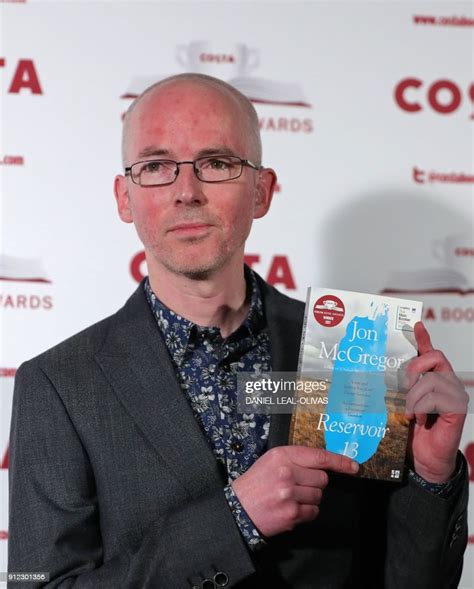A Quote by Oliver Stone
Now, we live in an age where we have so much information that we do tend to overload. The Greeks did too, though.
Related Quotes
I don't think we should have less information in the world. The information age has yielded great advances in medicine, agriculture, transportation and many other fields. But the problem is twofold. One, we are assaulted with more information than any one of us can handle. Two, beyond the overload, too much information often leads to bad decisions.
We believe that we live in the 'age of information,' that there has been an information 'explosion,' an information 'revolution.' While in a certain narrow sense this is the case, in many important ways just the opposite is true. We also live at a moment of deep ignorance, when vital knowledge that humans have always possessed about who we are and where we live seems beyond our reach. An Unenlightenment. An age of missing information.
When you know too much information and you acquire it too easily, you tend to either use it in disagreeable ways, out of vanity, or you tend to be indiscriminate about it. I mean, in the old days, it was tricky, you had to go to various encyclopedias, you had to go to the library, maybe spend a day there, whatever. But in the end, if you found something, it was really exciting. Now you hit a couple of buttons and you get some information. Which, by the way, is almost always presented in that same goddamn mediocre style that characterizes the Internet for me. It is slightly deadening.
As recently as the '70s, people were forced to see information that they didn't agree with in newspapers and the like. Now there is so much information you really can build your own walled garden that just has the stuff that reinforces your view. I think it applies to all of us. People are really going into these separate camps, and that's the big social challenge in this age of too much information. How do we crack that and create a common dialogue?
We really are living in an age of information overload. Google estimates that there are 300 exabytes (300 followed by 18 zeros) of human-made information in the world today. Only four years ago there were just 30 exabytes. We've created more information in the past few years than in all of human history before us.





































